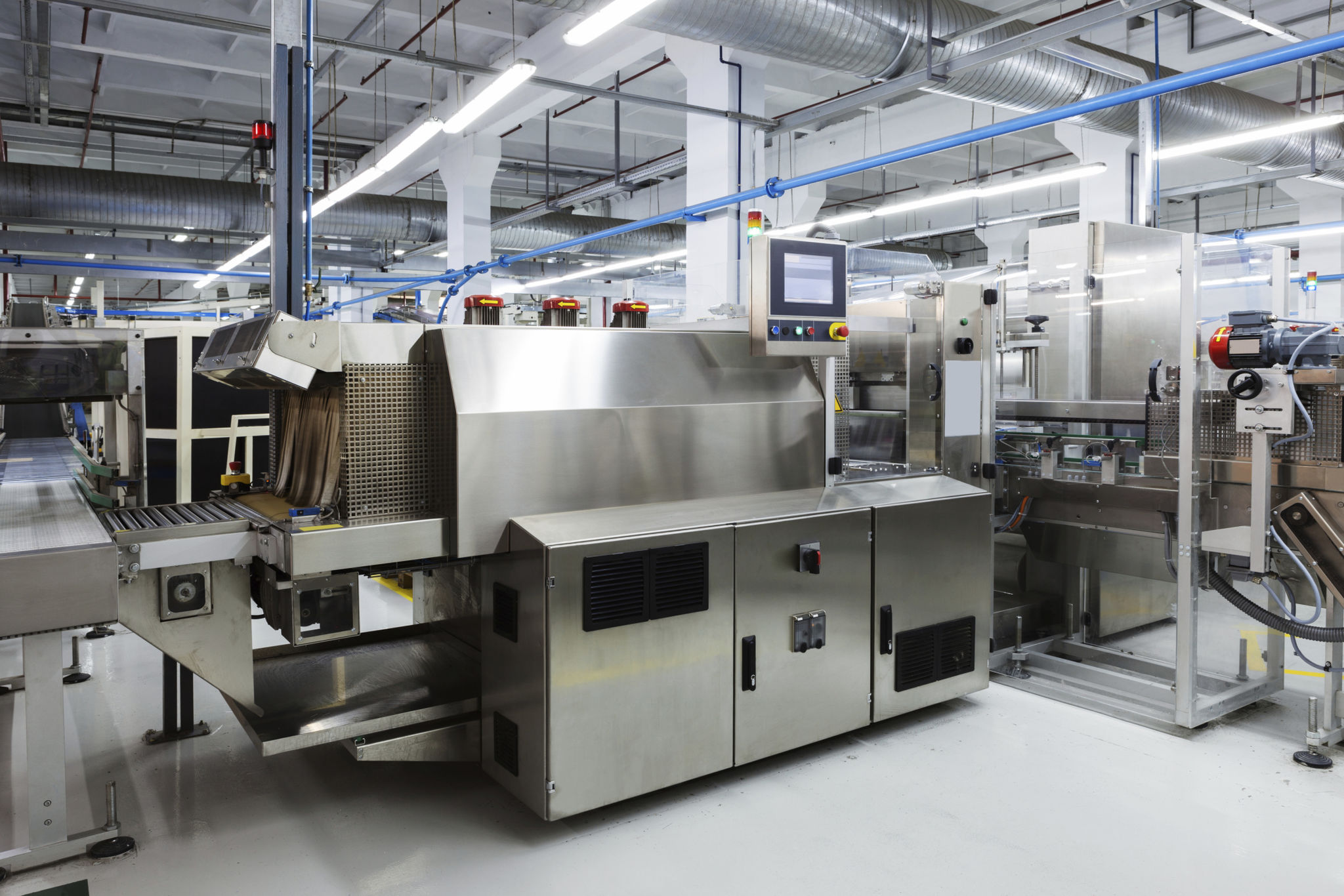Case Study: How Delaware's Velvet Operations Group Transformed a Local Manufacturing Process
Introduction to Velvet Operations Group
Velvet Operations Group, based in Delaware, has become a beacon of innovation within the manufacturing industry. Known for its cutting-edge strategies and commitment to excellence, the company embarked on a journey to transform a local manufacturing process that was both outdated and inefficient.
Their mission was clear: to revolutionize the process, enhance productivity, and ultimately drive economic growth within the local community. This case study explores the strategies implemented by Velvet Operations Group and the remarkable results they achieved.

Understanding the Challenges
Before intervention, the local manufacturing process faced several challenges. These included outdated machinery, inefficient workflows, and high operational costs. The workforce was skilled but lacked access to modern tools that could optimize their productivity.
Velvet Operations Group conducted an extensive analysis to pinpoint these inefficiencies. Their findings revealed a crucial need for technological upgrades, streamlined processes, and comprehensive employee training programs.
Strategic Implementation
The first step in Velvet Operations Group's strategy was upgrading the existing machinery. By investing in state-of-the-art equipment, they significantly reduced downtime and increased production speed. This move alone improved output by nearly 40%.
In addition to machinery upgrades, the company introduced a new workflow system designed to enhance coordination among various departments. This systematic approach ensured that each segment of the manufacturing process was aligned with overall business goals.

Employee Training and Development
Recognizing that technology is only as effective as the people who use it, Velvet Operations Group prioritized employee training. They developed a series of workshops and seminars aimed at equipping the workforce with skills necessary for operating new technologies efficiently.
This investment in human capital not only boosted morale but also empowered employees to contribute more effectively to the company's success. The result was a more cohesive team that embraced innovation and change.
Impact on Local Economy
The transformation led by Velvet Operations Group had a significant impact on the local economy. By creating a more efficient manufacturing process, they were able to reduce costs and increase profit margins. This economic boost allowed for the creation of new jobs within the community.
Moreover, their success attracted other businesses to invest in similar technological upgrades, fostering a culture of innovation and growth throughout the region.

Lessons Learned
This case study highlights several key lessons for businesses seeking to transform their operations. First, it underscores the importance of investing in modern technology to stay competitive. Second, it illustrates the value of aligning business processes with strategic goals to maximize efficiency.
Finally, it demonstrates that empowering employees through training and development is crucial for sustaining long-term success. By prioritizing these elements, Velvet Operations Group set a standard for excellence that others can strive to emulate.
Looking Ahead
The future looks bright for Velvet Operations Group as they continue to lead by example in the manufacturing industry. Their commitment to innovation and progress serves as an inspiration for other companies looking to transform their operations.
As they move forward, Velvet Operations Group remains dedicated to exploring new ways to improve efficiency and drive positive change within their community and beyond.
Conclusion
In conclusion, Velvet Operations Group's transformation of a local manufacturing process stands as a testament to the power of strategic innovation. By addressing key challenges, implementing modern solutions, and investing in their workforce, they achieved remarkable results that benefited both their business and their community.
Their journey serves as a blueprint for others aiming to navigate the complexities of modern manufacturing while fostering economic growth and sustainability.